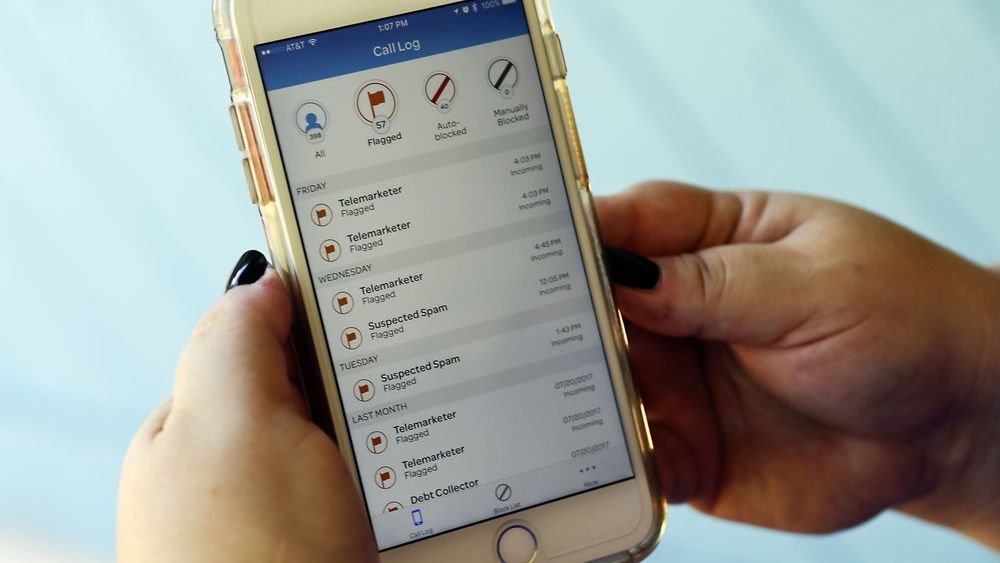The national Anti-Robocall Litigation Task Force — a coalition of 51 attorneys general, including Hawaii AG Holly Shikada — is investigating two voice service providers for their alleged involvement in illegal robocalls.
Robocalls are automatic phone calls from a computerized system that deliver prerecorded messages. While such systems are used legally for appointment reminders, public service announcements and other routine, non-commercial purposes, unauthorized sales calls or calls connected to identity-theft scams and other criminal purposes are illegal.
“Robocalls continue to be one of the most prevalent forms of illegal scams directed at Hawaii residents,” said Attorney General Shikada. “The work of the Anti-Robocall Litigation Task Force is crucial in identifying and investigating those responsible for the bulk of illegal robocall traffic in this country so that efforts can be made to reduce these illegal and harmful activities.”
The task force is enforcing civil investigative demands on Michael Lansky LLC (doing business as Avid Telecom) and One Eye LLC. CIDs are a legal tool that allows executive agencies to collect information relevant to an investigation.
Avid Telecom is suspected of knowingly accepting and routing illegal robocalls. CEO Michael Lansky is also believed to have helped another telecom provider hide suspect traffic. According to the task force, AVID has refused to answer the CID.
The investigation of One Eye involves an individual named Prince Anand and his alleged circumvention of legal action against his former business. According to the CID, Anand’s previous business, the voice-service provider PZ Telecommunication LLC, was the subject of a cease-and-desist letter from the Federal Communications Commission for allegedly transmitting illegal robocall activity. Anand subsequently closed PZ Telecommunication and opened One Eye.
According to the task force, One Eye has stopped responding to its inquiries and requests.
The State of Indiana has moved to enforce the CIDs for Avid and One Eye in Marion County.
According to the National Consumer Law Center and Electronic Privacy Information Center, more than 33 million scam robocalls are made to Americans every day. These scam calls include fraudsters posing as the Social Security Administration, Amazon and employers offering work opportunities.
It is estimated that fraudsters stole nearly $30 billion through scam calls in 2021.
Shikada offered the following tips to avoid scams and unwanted calls:
- Be wary of callers who specifically ask you to pay by gift card, wire transfer, or cryptocurrency. For example, the Internal Revenue Service does not accept iTunes gift cards.
- Look out for prerecorded calls from imposters posing as government agencies. Typically, the Social Security Administration does not make phone calls to individuals.
- If you suspect fraudulent activity, immediately hang up and do not provide any personal information.
Michael Tsai covers local and state politics for Spectrum News Hawaii.



